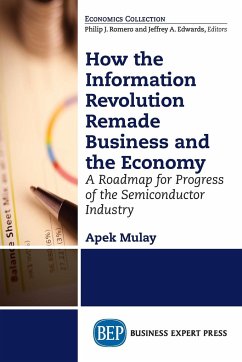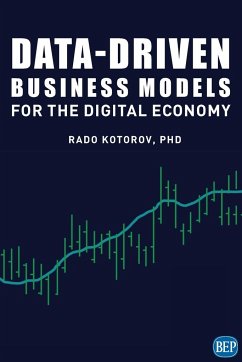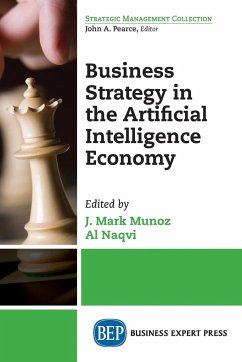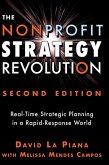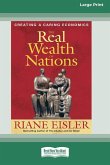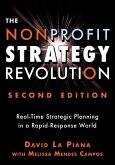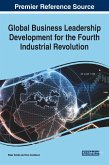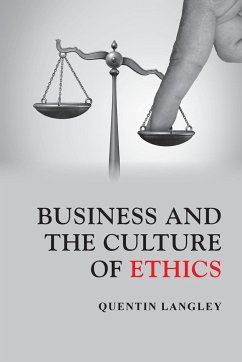Tremendous technological progress in the last half century has exponentially grown productivity as well as increased automation to reduce the costs of operation for businesses. On one hand, ever-growing productivity has reduced requirements for manual labor through automation. But, on other hand, huge unemployment created from reduction of workforce due to automaÂtion, has reduced the consumer purchasing power and is indirectly hurting the Return on Investments (RoI). This brings any further progress of technology to a standstill. For technology to progress both supply and demand have to grow. The supply comes from producÂtivity of workforce and demand comes from their wages. Hence, free markets must ensure that wages automatically catch up with ever-growing productivity, with minimal government inÂtervention. To avoid automation from destroying jobs in an economy, free markets should ensure that working hours of workforce be reduced during the waning phase of economy and increased during its waxing phase.
Hinweis: Dieser Artikel kann nur an eine deutsche Lieferadresse ausgeliefert werden.
Hinweis: Dieser Artikel kann nur an eine deutsche Lieferadresse ausgeliefert werden.

